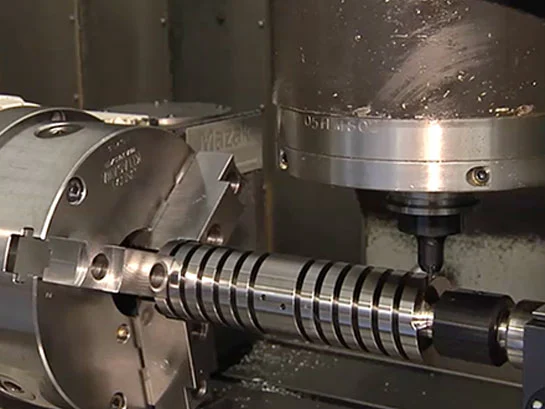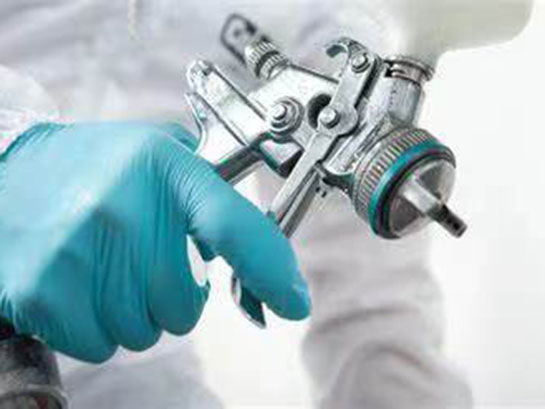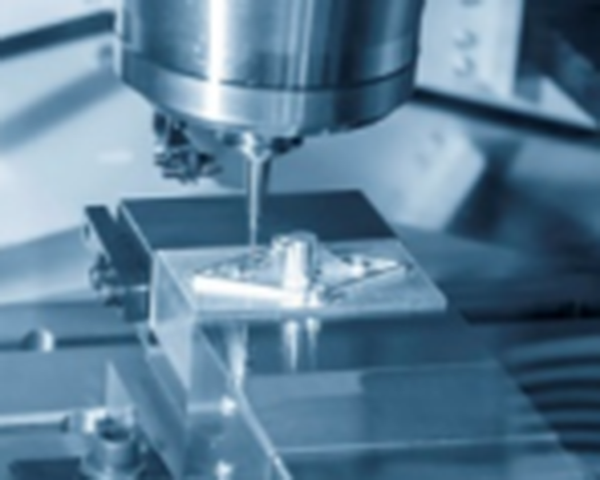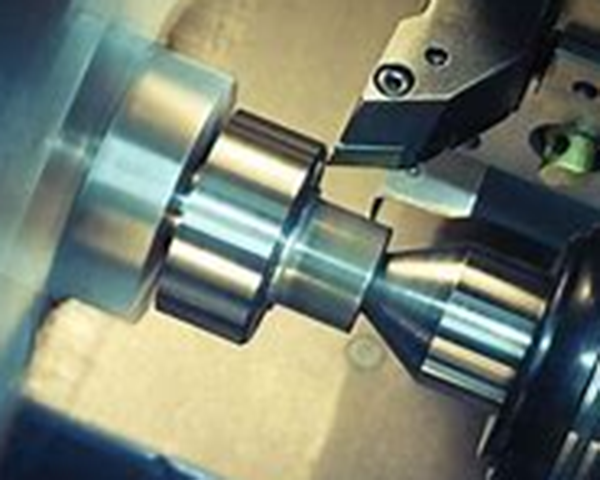What is Vacuum Casting
Vacuum casting is a manufacturing process used to create high-quality, detailed, and dimensionally accurate replicas or prototypes of original models. It involves the use of a vacuum to draw liquid material into a mold, which then hardens to form the desired part. This process is often used in industries such as automotive, aerospace, medical, and consumer products for rapid prototyping machining services and low-volume production.
Why Vacuum Casting
In our daily lives, we often apply plastic products, in general products, that use more thermoplastics, this plastic in industrial production, generally with thermoforming, can be shaped. However, in our product design, the appearance of some products needs to be heat and corrosion-resistant, these products need to use plastic and should have good thermosetting, the designer in the selection of materials, we to take into account the way the product is formed will be used in the vacuum casting process.

Vacuum Casting Mainly Usage
Vacuum casting is mainly used for prototype manufacturing, single-piece production, and small-batch production, and can replicate almost all the properties of the injection molding process. It is mainly used to mold two-component polyurethanes (PUR), which are widely used in different grades, colors, and hardnesses. Flexible silicone molds are machined directly from the mold and then vacuum cast to reproduce the product with properties very similar to those of mass-produced products. A full-color range is available. Can be as flexible and elastic as a thermoplastic elastomer (TPE) or as hard as acrylonitrile-butadiene-styrene (ABS).
Typical Applications for Vacuum Casting
Vacuum casting is widely used in the automotive, consumer electronics, consumer goods, and sports equipment industries. In addition to prototypes, vacuum casting is also used for injection molding of small quantities where expensive molds are not intended. In the automotive industry, applications include the production of various tubes, water tanks, air filter housings, radiator parts, lamp shades, chips, gears, and moving hinges. Consumer electronics applications include the manufacture of keyboards and housings for cell phones, televisions, cameras, players, audio systems, and computers.
- Innovation Unleashed: the Role of Prototype Machining in Product DevelopmentJanuary 5, 2024In the dynamic realm of product development, where ideas evolve into tangible innovations, the role of prototype machining stands as a cornerstone for success. The journey from concept to market-ready...view
- Beyond 3D Printing: Exploring Precision Prototyping MachiningOctober 27, 2023The world of manufacturing and rapid prototyping has seen significant advancements in recent years. While 3D printing has gained immense popularity for creating prototypes and functional parts, there&...view
- What Are the Advantages of 5 Axis CNC?September 19, 20235 axis CNC machining is an advanced manufacturing process that utilizes five axes of motion to cut and shape materials. This technology is an improvement over the traditional 3 axis machining process,...view
- Knowledge Of Sheet Metal WorkingFebruary 27, 2023Introduction to Sheet Metal ProcessingSheet metal processing is a pivotal technology that sheet metal technical staff needs to grasp, and it is also an important process for forming sheet metal produc...view
- What Are The Characteristics Of Precision CNC MachiningFebruary 27, 2023First, precision CNC machining process is concentratedCNC machine tools generally with automatic tool changer, tool magazine, tool change process automatically controlled by the program, therefore, th...view
- Optimize Product Development Cycle with Custom Prototyping ServicesJune 14, 2024Molds are indispensable basic technological equipment in the manufacturing industry, primarily used for efficient mass production of various industrial product components and parts. They are widely ap...view



